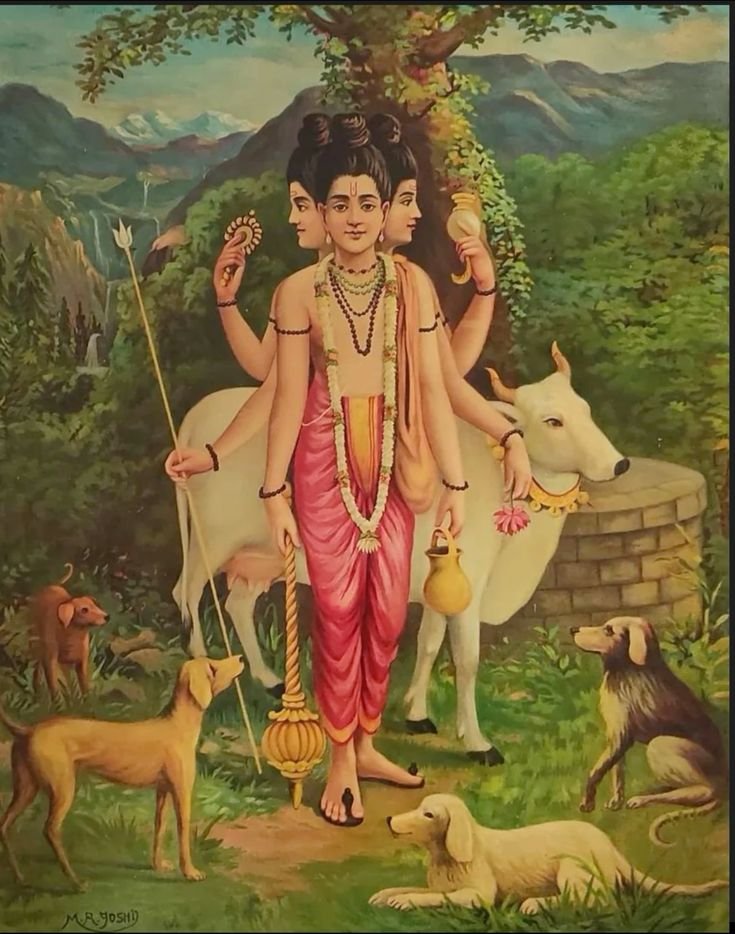Category: Vedic Philosophy
-

Kailash Mansarovar: The Sacred Journey to Divine Energy
Kailash Mansarovar, located in the remote regions of Tibet, is one of the most revered and spiritually significant pilgrimage sites in the world. For centuries, it has been a destination for seekers of divine connection, transcending geographic and religious boundaries. The combination of Mount Kailash, the sacred peak, and Mansarovar Lake, considered the holiest of…
-

The Spiritual Power of Bhajans: A Pathway to Divine Connection
Bhajans are devotional songs or hymns dedicated to the praise of God, commonly found in Hinduism, and widely practiced in various spiritual traditions across India. Rooted deeply in the Bhakti movement, which emphasizes personal devotion and surrender to the Divine, bhajans serve as a powerful tool for spiritual elevation, devotion, and emotional connection with the…
-

Kirtan: The Sacred Practice of Devotional Chanting
Kirtan, a form of devotional singing and chanting, holds an esteemed place in many spiritual traditions, especially in Hinduism and Sikhism. The term “kirtan” comes from the Sanskrit word kirtana, meaning “to narrate” or “to praise.” It involves the communal chanting of sacred mantras or the names of deities, often accompanied by musical instruments such…
-

Samathan Dharma: The Path of Balance and Harmony
Samathan Dharma, often regarded as the “Dharma of Harmony” or “Path of Balance,” is a spiritual and ethical philosophy that emphasizes balance in all aspects of life. The term Samathan comes from the Sanskrit root samatha, which means calmness, equilibrium, and peacefulness. It is a way of life focused on maintaining harmony between the individual,…
-

The 108 Upanishads: A Sacred Collection of Spiritual Wisdom
The Upanishads, ancient sacred texts of Hindu philosophy, are considered the pinnacle of Vedic wisdom. Their teachings explore the ultimate nature of reality, the self, and the divine, offering profound insights into the spiritual journey towards liberation (moksha). These texts are the culmination of the Vedas, the oldest scriptures of Hinduism, and are often referred…
-

Jainism: The Path of Non-Violence and Spiritual Liberation
Jainism is one of the oldest and most profound spiritual traditions originating in India. Rooted in the teachings of Lord Mahavira, the 24th and most revered Tirthankara, Jainism offers a path to spiritual liberation based on the principles of non-violence (ahimsa), truth (satya), non-possessiveness (aparigraha), and self-discipline. Historically, Jainism dates back to over 2,500 years…
-

Tripura Rahasya: The Secret of the Supreme Goddess
The Tripura Rahasya is one of the most revered and esoteric texts in Hindu spiritual literature. This ancient scripture, which is part of the broader tradition of Tantric philosophy, is a profound treatise on the nature of the supreme reality, the goddess Tripura, and the path to spiritual liberation. The name Tripura refers to the…
-

Arya Satya: The Four Noble Truths in Buddhist Philosophy
Arya Satya, or the Four Noble Truths, forms the foundation of Buddhist philosophy and spiritual practice. These profound teachings were first articulated by Siddhartha Gautama, the Buddha, over 2,500 years ago, offering a deep insight into the nature of suffering and the path to liberation. The term Arya refers to the noble or transcendent nature…
-

Advaita Vedanta: A Path to Spiritual Realization
Advaita Vedanta, one of the most profound schools of Indian philosophy, is rooted in the ancient Vedic traditions and offers a path to spiritual liberation through the realization of the non-dual nature of reality. The term “Advaita” means “non-duality,” and “Vedanta” refers to the culmination of knowledge found in the Vedas, the oldest scriptures of…